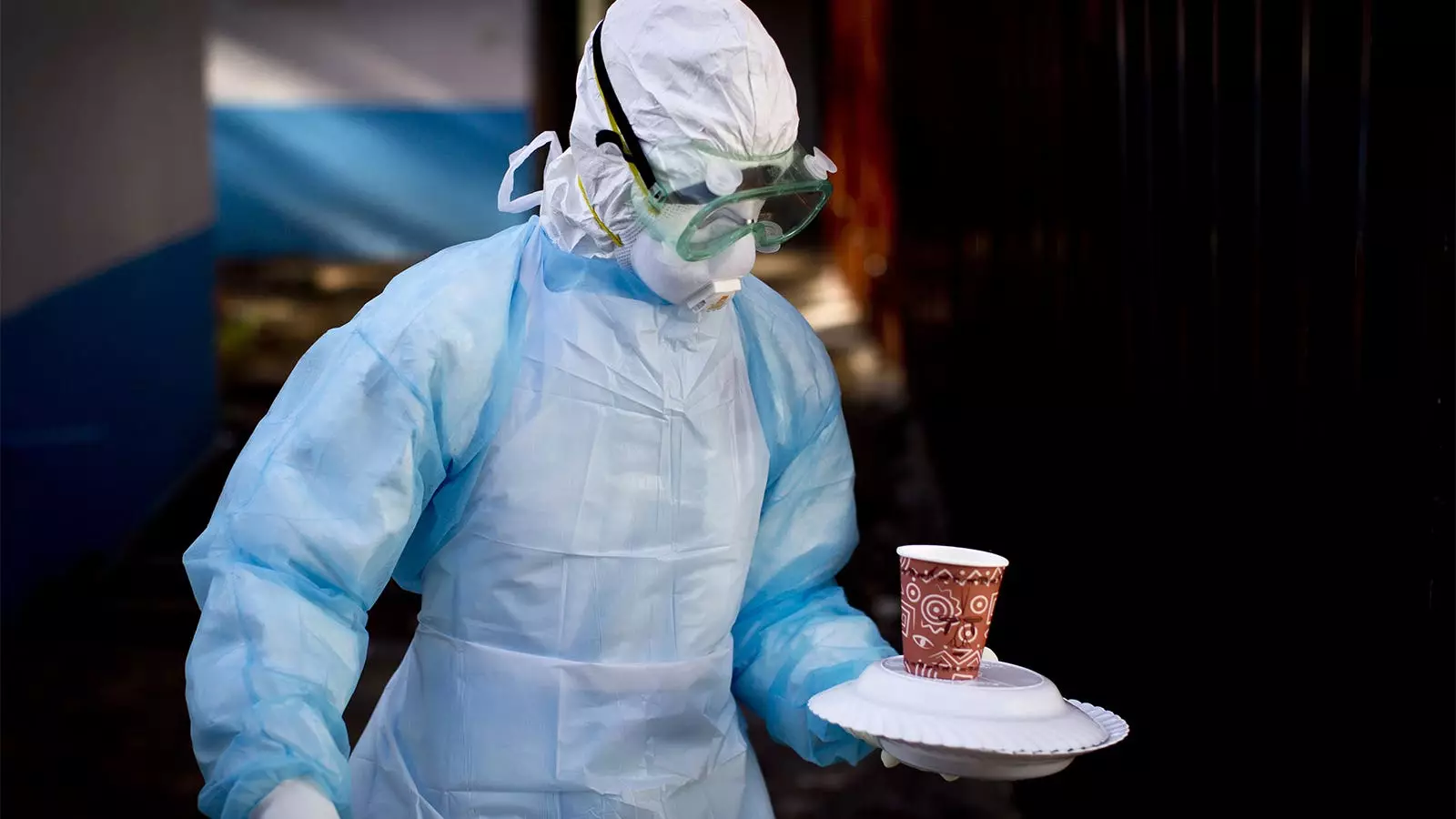In recent weeks, Rwanda has found itself at the center of a health crisis with the announcement of an outbreak of the Marburg virus, a lethal hemorrhagic fever similar to Ebola. As of the latest reports, eight individuals have succumbed to the disease, which has been confirmed in 26 total cases. The emergence of this virus poses serious concerns not only for Rwanda but also for the global health community, given its high fatality rate and lack of approved vaccines or treatments.
The Marburg virus is known for its severe and often fatal symptoms, which can manifest between 3 days to 3 weeks after exposure. Initial symptoms mirror many viral infections, including fever, muscle pain, and gastrointestinal distress, but can escalate quickly to severe blood loss and death. The virus typically spreads through close contact—particularly through bodily fluids—making outbreak management a critical focus for health authorities. Delivering timely and effective healthcare, especially to those most at risk, is a daunting challenge, particularly for healthcare workers who are on the front lines of this outbreak.
Following the outbreak announcement, Rwanda’s Health Minister, Sabin Nsanzimana, has emphasized a rigorous response strategy centered around contact tracing and public awareness campaigns. Identifying and isolating individuals who have come into contact with those infected is essential for curbing spread, especially as approximately 300 contacts have already been traced. Authorities are urging the public to maintain distance and avoid physical interactions to prevent further contagion.
The government’s strong response highlights not only the urgency of the situation but also the need for a robust health infrastructure capable of dealing with such crises. The fact that most confirmed cases have been among healthcare workers underscores the vulnerabilities faced by those who are protecting public health.
International Support and Cooperation
Amid these challenges, international health organizations have stepped in to offer crucial support. The Centers for Disease Control and Prevention (CDC) has dispatched experts to assist Rwandan authorities, drawing from previous experiences in managing similar outbreaks globally. The World Health Organization (WHO) is also ramping up its guidance and resources, crucial for a country still navigating the complexities of epidemic preparedness.
Rwanda’s proactive measures, including an appeal for global assistance, reflect a growing recognition of the interconnectedness of global health. While there may be low immediate risk to populations outside Rwanda, the swift action by international bodies illustrates the importance of a coordinated response in minimizing potential fallout.
The Marburg outbreak occurs alongside Rwanda’s efforts to manage an mpox outbreak, a related concern attributed to a virus similar to smallpox. Reported cases of mpox indicate that Rwanda is facing multiple public health challenges simultaneously, demanding extensive resources and strategic planning from health officials. Efforts to initiate vaccination campaigns against mpox highlight the need for a comprehensive approach, ensuring that diseases can be tackled concurrently without compromising healthcare delivery.
The current Marburg virus outbreak in Rwanda is not just a national health emergency; it poses significant implications for regional and global public health security. The containment strategies employed in Rwanda could serve as a model for other nations facing similar threats, particularly in Africa where such outbreaks have occurred in the past.
As Rwanda navigates this crisis, the partnership between local authorities and international health organizations remains vital. Continuous efforts to improve disease surveillance, healthcare capabilities, and community education will be crucial in ensuring that outbreaks can be contained effectively. The international community must remain vigilant and supportive, recognizing that in the age of globalization, infectious diseases know no borders, and the health of one nation can, in fact, impact many others.


Leave a Reply